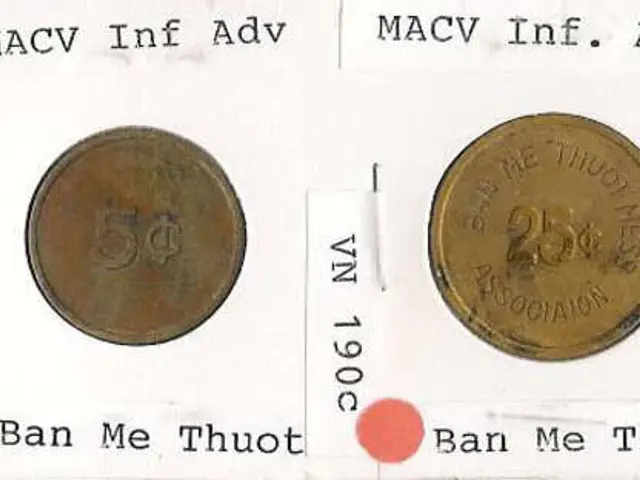Priorities regarding taxation matters
Tax Implications for Condominium Administrative Board Members
Serving as a member of a condominium association's administrative board can come with significant responsibilities, but from a tax perspective, returns are scarce. Here's what you need to know about the tax-related matters that may arise when you volunteer for this role.
Condominium administrative board members often perform duties such as overseeing financial accounts, advising property managers, and serving as liaisons between the management and the owners. Despite the time commitment, members usually do not receive monetary compensation. However, many associations offer compensation for expenses incurred during the course of board duties, such as postage, telephone, travel costs for meetings, and more.
The Federation of Taxpayers warns that special precautions should be taken when receiving such payments, as not all payments can be claimed tax-free. Reimbursements for actual expenses are tax-free, provided they are supported by individual evidence. Flat-rate payments without such evidence may be considered taxable income and must be reported in tax returns.
However, there's a threshold of 256 euros per year for these tax-free payments when they're not assigned to a specific income type. If you engage in regular remuneration or create a side income structure, the tax office may consider your activity commercial or self-employed.
Expenses related to your board duties, such as travel costs, office materials, or telephone bills, are not tax-deductible, as they don't generate taxable income. An exception exists when you have a legal right to reimbursement from the condominium association, and you've explicitly waived it. In this case, a 'fictional reimbursement amount' can be deducted as a donation under certain conditions with a written agreement and a donation receipt.
It's important to note that benefits like volunteer allowances or coach's allowances do not apply to condominium association board members, as their activity is not considered non-profit, educational, or cultural.
For further guidance, the Federal Court of Justice grant more flexibility when homeowners can impose repair costs on individual apartments in a multi-family house.
In conclusion, compensation for condominium association board members is generally taxable income. Reimbursements for legitimate expenses are usually non-taxable, but proper documentation is crucial. It's advisable to consult a tax professional to ensure compliance and optimize tax outcomes.
Sources: ntv.de, awi/dpa
- Real Estate
- Condominium
- Legal Issues
- Consumer
- Federion of Taxpayers
- Tax Office
- Homeowners Association Fees (If relevant to the reader's situation)
- As a condominium administrative board member, it's essential to be aware that compensation received is typically considered taxable income, while reimbursements for legitimate expenses are usually non-taxable, given proper documentation.
- In the context of personal-finance and employment policy within the community, it's crucial for board members to note that benefits like volunteer allowances and coach's allowances do not apply to their activity, and they should consult a tax professional for guidance on compliance and optimizing tax outcomes.





